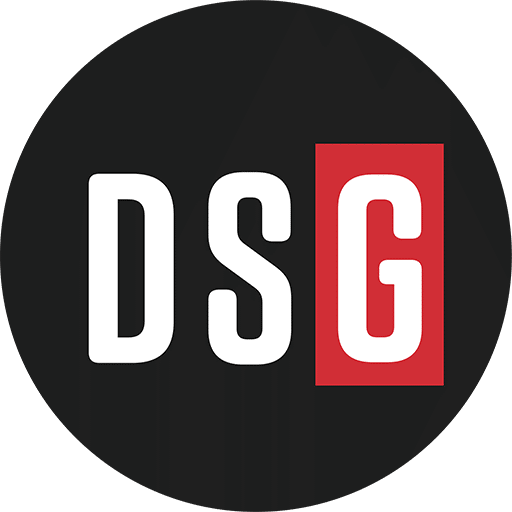Hillman Solutions Corp. reported modest revenue growth in the first quarter of 2025 but saw a sharp decline in free cash flow and warned of tariff-related headwinds for the remainder of the year.
Net sales rose 2.6% year-over-year to $359.3 million, up from $350.3 million in Q1 2024. The company posted a net loss of $317,000, improving from a loss of $1.5 million, or $0.01 per share, a year earlier.
CEO Jon Michael Adinolfi attributed first-quarter growth to contributions from the Intex DIY acquisition and new customer wins but cautioned that “our current focus has shifted to working with our customers and suppliers to mitigate the impact from tariffs.”
Hillman reaffirmed its 2025 revenue guidance of $1.495 to $1.575 billion and adjusted EBITDA of $255 to $275 million but withdrew its free cash flow outlook, citing uncertainty around the timing and magnitude of new U.S. tariffs.
Hillman is a leading North American distributor of hardware-related products and merchandising solutions, serving more than 46,000 retail locations across the U.S. and Canada. Its customers include major chains such as Home Depot, Lowe’s, Ace Hardware, Walmart, and Tractor Supply. The company’s portfolio includes over 114,000 SKUs — from fasteners and protective gear to key duplication machines — and is supported by 22 distribution centers and a field sales and service team of over 1,100 professionals.
In August 2024, Hillman acquired Intex DIY, Inc., a leading supplier of wiping cloths, consumable rags, and cleaning textiles, to expand its Protective Solutions business. Intex, founded in 2005, operates a 275,000-square-foot manufacturing and distribution facility outside Atlanta, Georgia, and is expected to contribute approximately $55 million in annual revenue. The acquisition aligns with Hillman’s strategy of adjacent aisle, bolt-on acquisitions to drive growth.
Analysts were mixed on the Q1 results. Baird analysts noted the “solid execution in a tough retail environment” but flagged the drop in cash flow as “a near-term pressure point.” Raymond James said the company’s direct-to-store model remains a competitive strength, but future performance “hinges on the company’s ability to pass through cost increases and manage inventory levels efficiently.”
Hillman’s inventory declined 1.7% sequentially to $396.9 million. The company said its emphasis on small-ticket repair and maintenance products continues to provide resilience through economic cycles.
Don’t miss any content from Distribution Strategy Group. Join our list.


